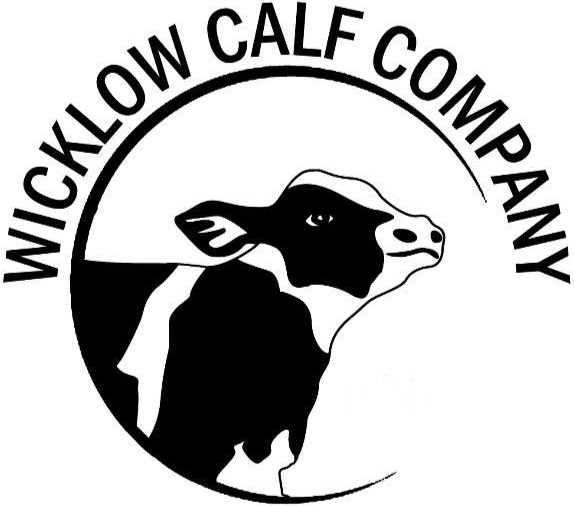Wicklow Calf Company boss outlines challenges facing calf trade
Seamus Scallan is well known among calf buyers and sellers across Ireland – both North and South – as well as among buyers of Irish calves in Europe and further afield.
Heading up Wicklow Calf Company alongside his two sons, David and James, the family-run business is a long time in the trade and has a lot at stake in the calf business.
Commenting on the current trends in the calf trade, Seamus explained: “A certain amount of our breeds of calves will stay in Ireland and the Friesian bulls mainly leave the country for the first two or three months of the season.”
Continuing, Seamus explained: “When the Friesians stop, we start to other countries with Angus, Hereford and different breeds.”
He said: “At the moment, you can transport calves at 14 days of age.”
Proposals have been put forward for a vote in the European Parliament by its Committee of Inquiry on the Protection of Animals during Transport (ANIT).
The committee has proposed several changes, including: a ban on the transport of pregnant animals in the last third of gestation; a maximum journey time of two hours for unweaned animals over 35 days; and a complete ban for unweaned animals under 35 days.
However, the planned sweeping changes to animal transport regulations are a “step closer” to being rejected by MEPs, according to Fianna Fáil MEP Billy Kelleher.
An important vote on the proposed new animal transport regulations is due to take place in Brussels today, Thursday, January 20.
Continuing, Scallan said: “Wicklow Calf Company and the Irish Livestock Stakeholders’ Association believe calves should be a minimum of 28 days of age before they are transported to Europe.
“I am definitely in favour of the 28-day rule coming in here to Ireland. No calves should be transported to the continent under 28 days of age.”
Continuing, the Wicklow Calf Company boss also outlined he has proposed that the Irish Government builds a lairage near the port of Rosslare for resting calves before they travel to Cherbourg in France and onto customers across Europe.
“Beside the port of Rosslare we need a facility that the calves can be rested for a period of time and fed slow-releasing milk powder which will last in their system,” he said.
“From here they can be loaded in the lorries fresh the minute the boat is ready to go and are inside the current travel time regulations.
“Most EU countries have lairages beside their ports for cattle traveling from one country to another and that is a must for Ireland. We haven’t got it here and we need to get it.”
Commenting on another threat to the sale of calves to mainland Europe, Scallan outlined that many EU countries have begun implementing an Infectious bovine rhinotracheitis (IBR)-control programmes.
He explained what he believes would be the benefits of Ireland achieving an “IBR free status” and called on the Minister for Agriculture, Food and the Marine, Charlie McConalogue to examine implementing an IBR eradication programme in Ireland.
Article source: https://www.agriland.ie/farming-news/video-wicklow-calf-company-boss-outlines-challenges-facing-calf-trade/
